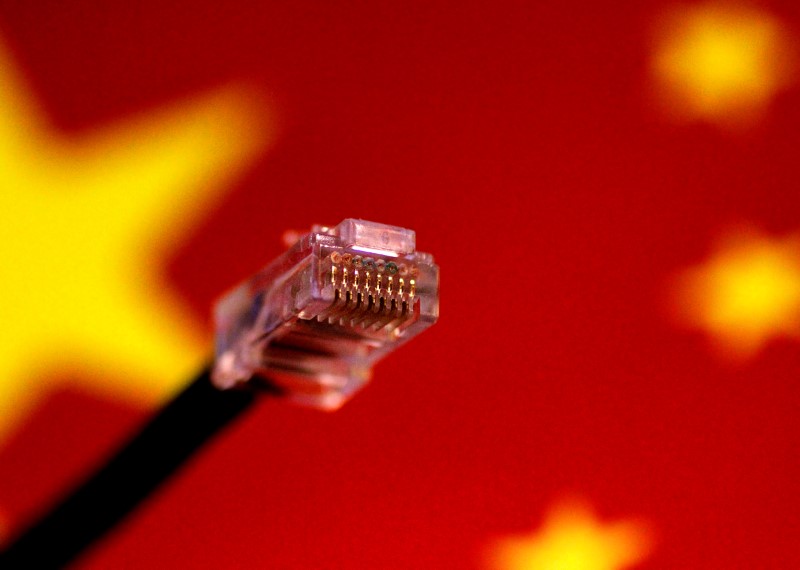(Bloomberg) -- The coronavirus is increasingly weighing on global consumer sentiment, but its impact can vary greatly.
Take Japan. The outbreak there has been mild, but among major economies consumer confidence has taken the biggest hit, according to daily tracking surveys in 12 countries by Morning Consult, a data-intelligence provider. The main reason is that Japanese shoppers were already quite negative thanks to a sluggish economy and a recent increase in taxes on consumer goods.
By contrast, China has the highest consumer sentiment reading. At 139.4, it's more than double Japan's level in the same survey, even though China has been the disease's epicenter, with by far the most cases and the most deaths. A lack of free press and restricted internet access are part of the reason for the relative optimism because controlling information can reduce fear and panic, according to the researcher.
“When looking at China’s data, it's not just a function of the outbreak,” said John Leer, an economist at Morning Consult. “It’s also the news sources they are consuming.”
As investors try to figure out what the virus means for economies, there are a few key factors that make countries especially vulnerable to drops in consumer sentiment, Morning Consult said. For one, context matters. Japan, the U.K. and Germany were already experiencing waning confidence when the virus hit and their confidence readings are significantly lower than places like the U.S, which was near an all-time high.
“Japan was already vulnerable,” Leer said. “The coronavirus is a one-two punch.”
How many households are invested in stocks is also crucial. And given the rout in markets, countries with a high percentage of people invested in the stock market are more likely to see shopping confidence erode. If that persists, demand for major purchases such as appliances and cars will start to sputter. That’s worrisome for the U.S., which has the highest rate with more than 50% of households invested.
All this leads Leer to believe that confidence is going to keep weakening around the world. That’s especially problematic for America because it depends on consumer spending for about 70% of its economic activity, more than any other major economy.
“These things can turn into self-fulfilling prophecies,” Leer said. “Fear can limit economic activity, which causes firms to pull back on hiring. That can dampen income. It can turn into a vicious cycle quickly.”
